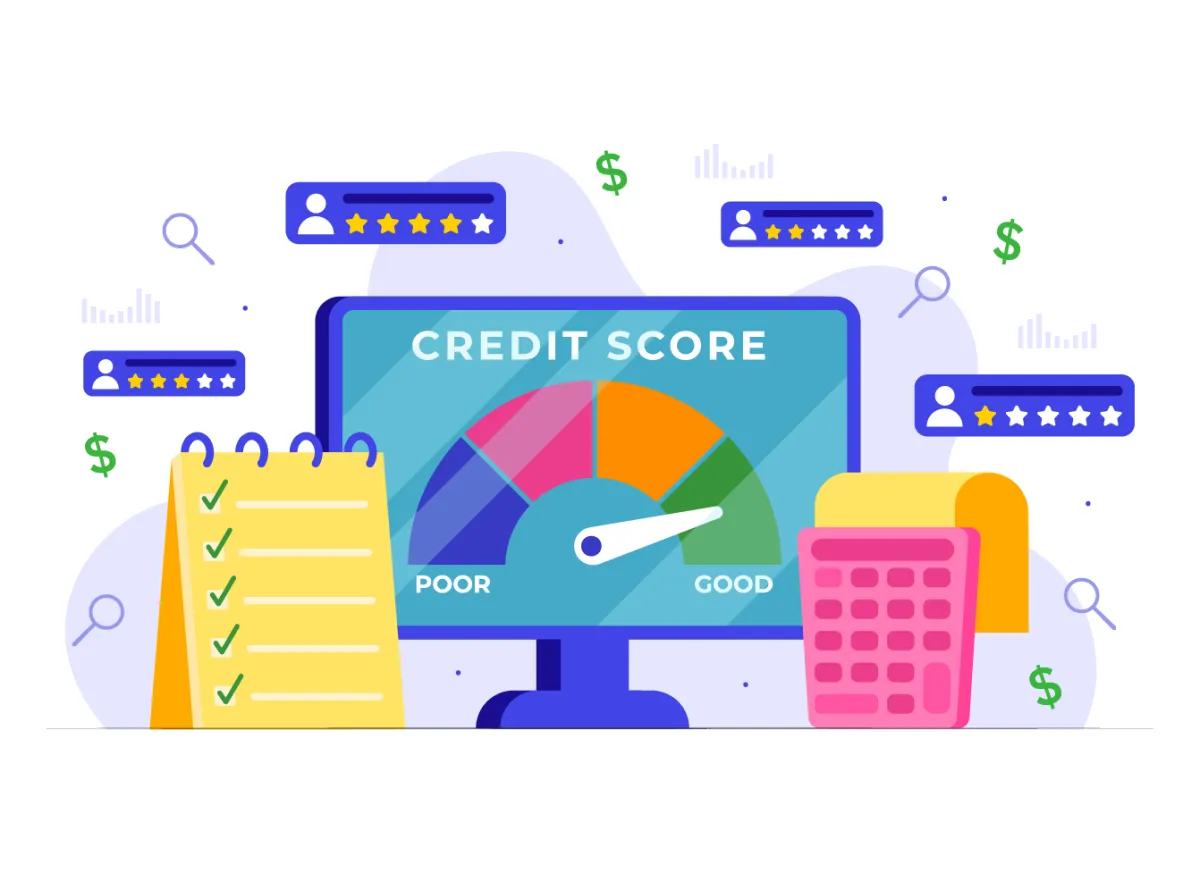The Smart Credit Solutions Auto Finance Blog

The Path to a Better Credit Score: How Long Does it Take?
Improving Your Credit Score:
Timeframes and Strategies
Introduction:
Your credit score is a critical component of your financial health. It can affect your ability to secure loans, rent an apartment, and even land a job. That's why it's essential to maintain a good credit score, or if you're starting with a low one, to improve it. But the big question is: how long does it take to improve your credit score? The answer isn't straightforward, as it depends on several factors. In this blog, we'll discuss those factors and provide some tips for improving your credit score as quickly as possible.
Factors Affecting Your Credit Score
Your credit score is calculated based on several factors, including your payment history, credit utilization, length of credit history, types of credit, and recent credit inquiries. Let's take a closer look at how each of these factors affects your credit score.
Payment history: Your payment history is the most significant factor that affects your credit score. Late payments, missed payments, and defaults can significantly lower your credit score.
Credit utilization: Credit utilization refers to the percentage of your available credit that you're using. Ideally, you should keep your credit utilization below 30%. Using too much of your available credit can harm your credit score.
Length of credit history: The length of your credit history also affects your credit score. Generally, the longer your credit history, the better your credit score.
Types of credit: Having a mix of credit types, such as credit cards, auto loans, and mortgages, can boost your credit score.
Recent credit inquiries: Applying for multiple credit cards or loans within a short period can harm your credit score.
Improving Your Credit Score
Now that we've discussed the factors that affect your credit score, let's talk about some tips for improving it.
Pay your bills on time: As we mentioned earlier, your payment history has the most significant impact on your credit score. Make sure to pay your bills on time, even if it's just the minimum payment.
Reduce your credit utilization: Try to keep your credit utilization below 30%. You can do this by paying off your credit card balances or requesting a higher credit limit.
Lengthen your credit history: Unfortunately, you can't go back in time and start building your credit history earlier. However, you can start now and continue using credit responsibly to improve your score over time.
Mix up your credit: If you don't have different types of credit, consider getting a secured credit card or a small personal loan. Make sure to pay them on time, and you'll see an improvement in your credit score.
Limit new credit inquiries: Applying for multiple credit cards or loans within a short period can harm your credit score. Only apply for credit when you need it.
How Long Does It Take to Improve Your Credit Score?
Improving your credit score takes time and patience. The exact time it takes depends on your starting score and the factors affecting your credit. Generally, you can see some improvement in your credit score within a few months if you pay your bills on time and reduce your credit utilization. However, it may take up to a year or more to see significant improvement, such as moving from a fair credit score to a good credit score.
Conclusion:
Improving your credit score is a worthwhile endeavor. It can take some time, but by following the tips we've outlined, you can improve your credit score and enjoy the benefits of a higher score. Remember, your credit score is a reflection of your creditworthiness, so use credit responsibly, pay your bills on time, and monitor your credit report regularly.
See a model you want? Inquire now: [email protected]
Quick Links
Legal
Contact Us
Smart Credit Solution
401 Bay St., Toronto, ON M5H 2Y4
1 855-961-4044
647-495-9986
© 2025 Smart Credit Solutions
All Rights Reserved
